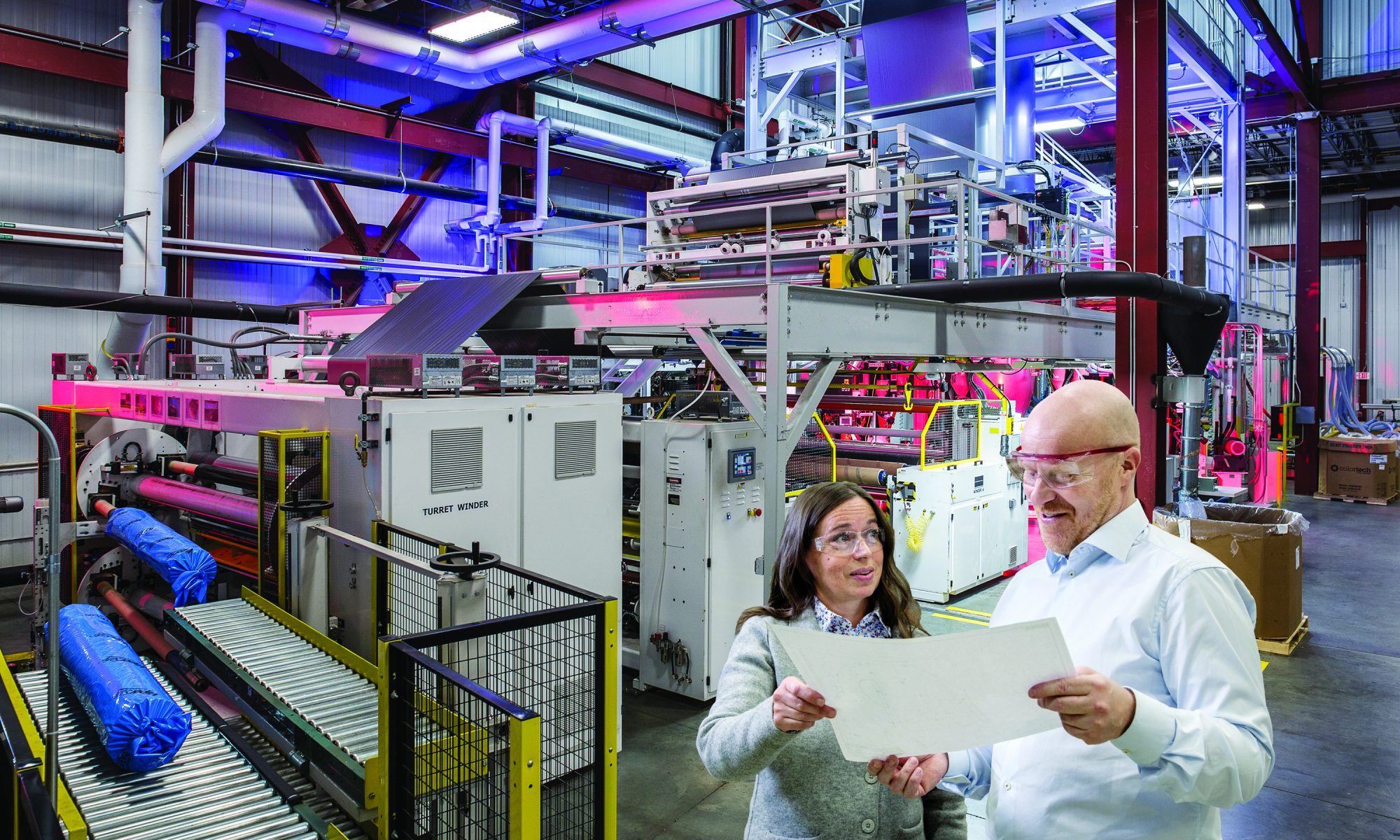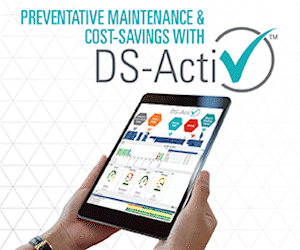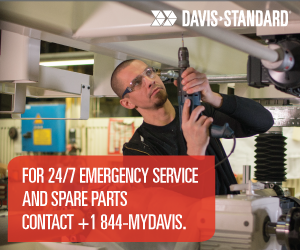
Did you know June is National Safety Month? For more than 25 years, the National Safety Council has held this observance to promote safety in the workplace and beyond. Keeping yourself and your colleagues safe is essential to your long-term health, and critical for a successful manufacturing environment. What role can you play in safeguarding the shop? We’ve outlined 10 ways to actively participate in accident prevention and best practices.
(1) Inform your supervisor of unsafe conditions
If something goes wrong or when in doubt, contact your supervisor for instruction and guidance. Report serious injuries and hazards immediately.
(2) Use equipment, machines and tools properly
Use machinery only if you are authorized, trained and alert. Always perform pre-shift inspections for all equipment to be used during the shift.
(3) Wear safety equipment – Personal Protective Equipment (PPE)
Hearing, hand, foot, and eye protection are just a few examples of PPE to be worn in the shop.
(4) Prevent slips, trips and falls
Obstacles and clutter can cause trips and falls. Wet floors and contaminants cause slips. If a hazard is observed, stop work and correct the unsafe condition immediately. Use your shop’s wet floor signs when needed to warn others of spills.
(5) Keep work areas and emergency exits clear
Do not allow clutter to accumulate. Take responsibility for clean-up if you made a mess. This will keep the area neat and provide clear access to emergency exits and equipment.
(6) Eliminate fire hazards
Make sure you know the location of accessible fire protection equipment. Maintain safe storage for hazardous flammable materials. Properly dispose of these materials after use.
(7) Avoid contamination of hazardous materials
Familiarize yourself with labels or signage that communicates hazards found in storage or work areas. Wear disposable outer garments when appropriate and make sure you know where the Safety Data Sheets (SDS) are located.
(8) Prevent objects from falling
Never leave an unstable load overhanging on a shelf or pallet. Use caution when moving loads with a powered industrial vehicle and ensure material is securely placed to mitigate potential fall hazards. Do not store items on top of shelves.
(9) Use correct posture when lifting
Place your feet close to the object, shoulder-width apart for good balance. Keep your back as straight as possible and adopt a proper stance of putting the strain on your legs, not your back. Do not over-exert yourself when lifting. If the load is too heavy, ask for help or use mechanical aids such as a crane, pallet jack, or forklift.
(10) Take work breaks
Use this time to rest, hydrate, and stretch out. If you ever feel light-headed or fatigued, talk to your supervisor immediately. These could be signs of heat stress or overexertion.
These 10 “best practices” are an excellent guide to help maintain a safe work environment. As a final note, remember to be vigilant, aware of your surroundings, and use common sense. If something seems like it might be a safety hazard, speak up and address it!
If you have questions about this blog, comment below.
For any other questions, e-mail marketing.
Cheers,
The D-S Connect Blog Team



